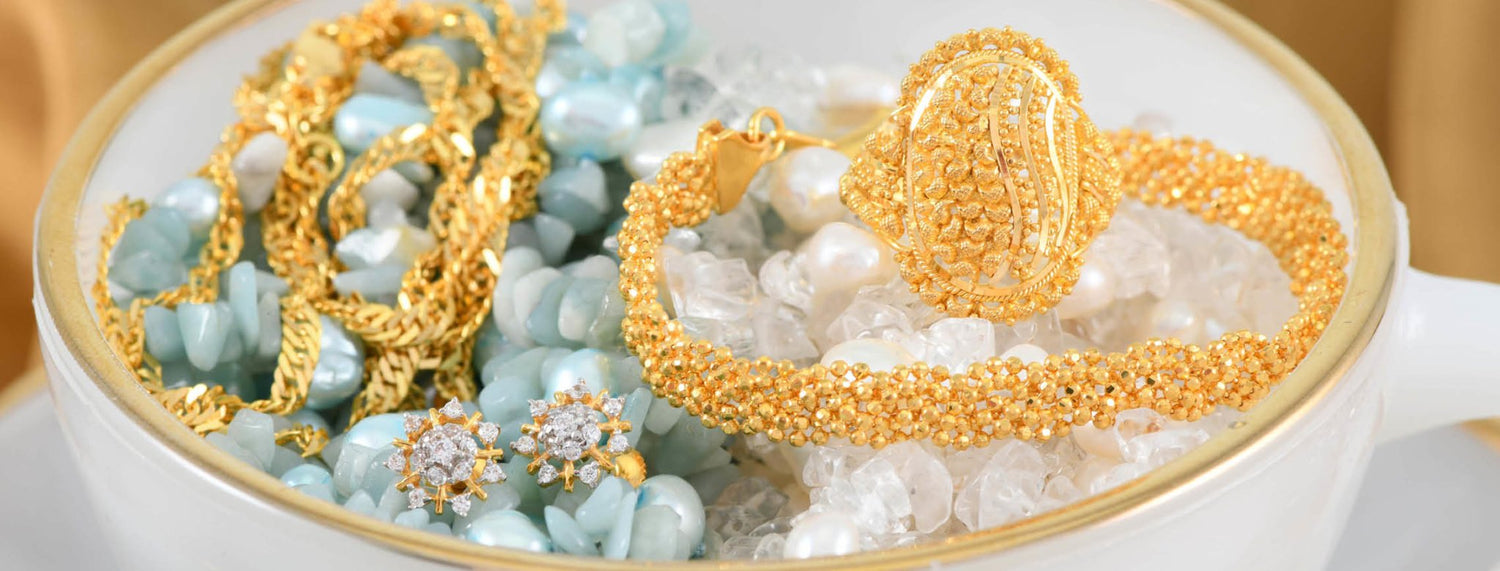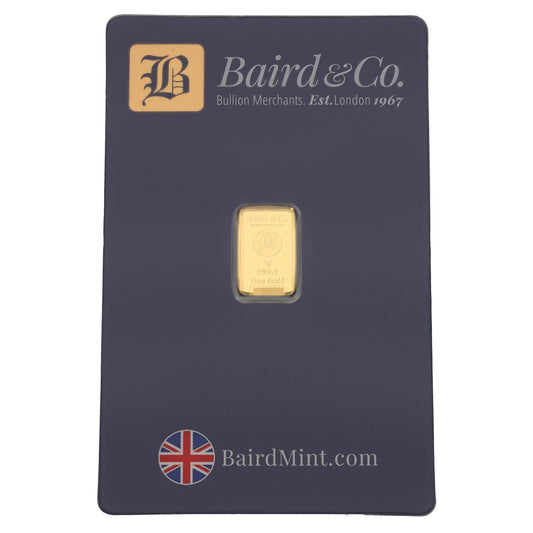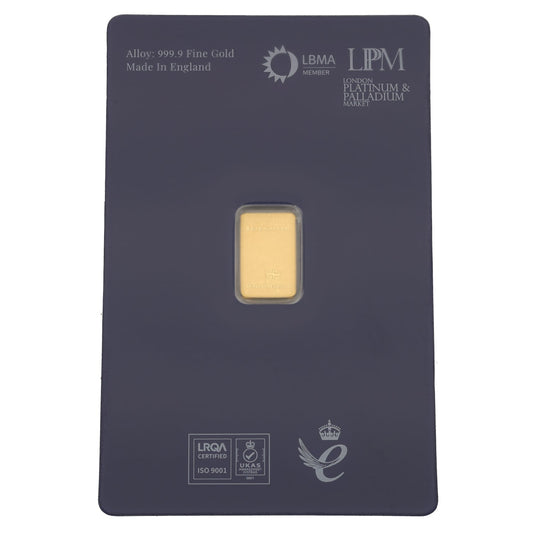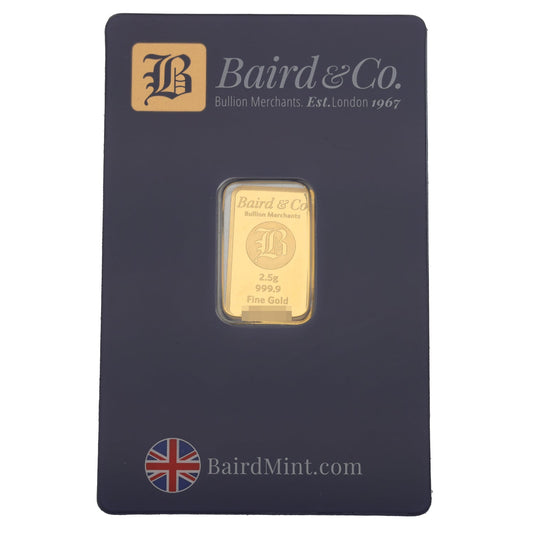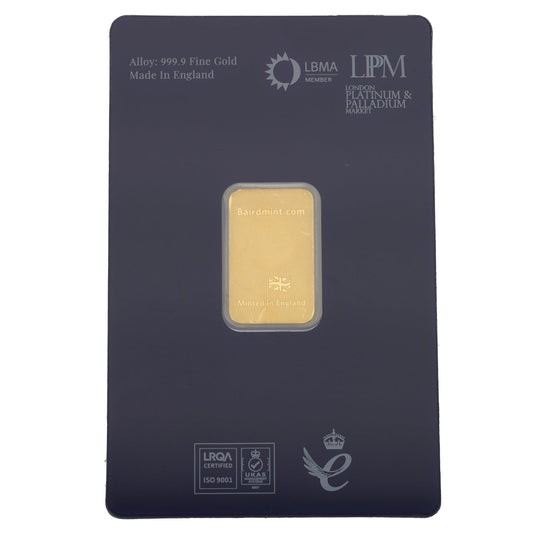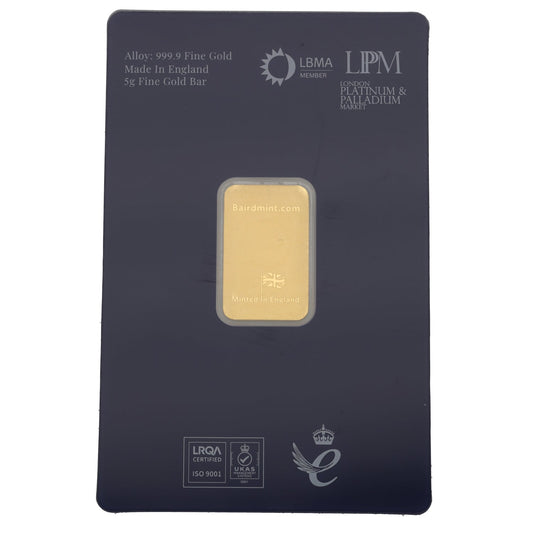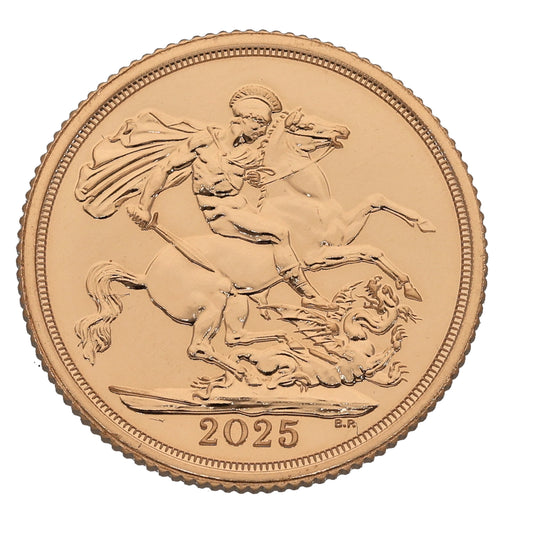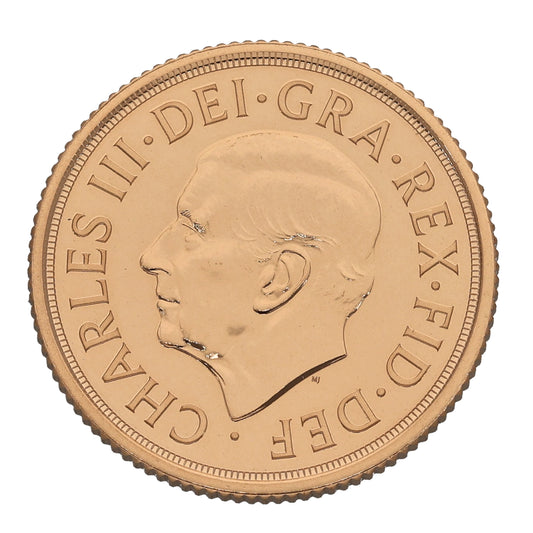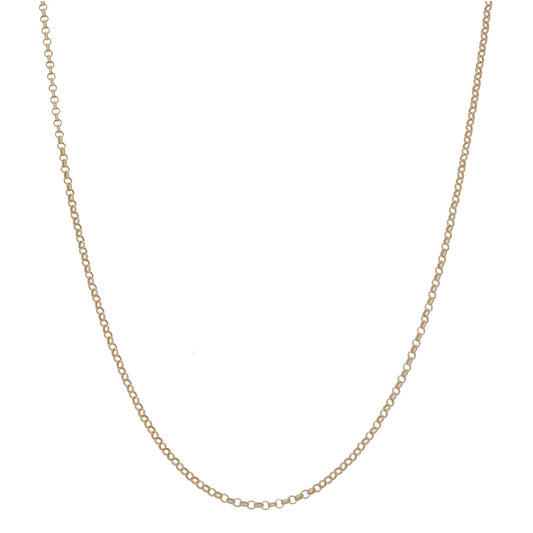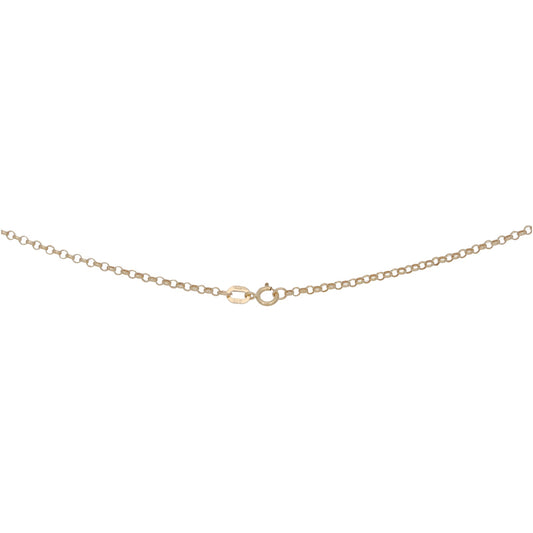UK Economy & Finance

Credit card use falls
On the 30thJanuary, many news outlets were reporting that credit card use in Britain has reached its slowest annual growth rate in 4 years, dropping to 6.6% in December 2018. This has surprised some, particularly as consumer spending tends to trend up over the festive shopping period. While consumers were spending around £300million per month on credit cards since July 2018, December saw just £100million spent on plastic.
It is thought this downturn in credit card use is due to fears over Brexit, and what the impacts of a possible no deal Brexit will have on household debts and budgets. As the date for Brexit looms, people are becoming more wary of taking on unsecured debts and taking on long-term repayment plans for borrowing. The downturn in credit card borrowing is also thought to be influenced by slow growth in pay and tougher credit rules.
No deal Brexit fears intensify
The finance and banking industry is calling for clarity on Brexit, as the uncertainty and risk of a no deal could cause issues and disruption. Although financial institutions have contingency plans in place, certain critical risks remain in the event of a no deal which could affect things like cross-border contracts and the transfer of personal data. What’s more, around 24% of financial firms surveyed said they do not believe they have time to implement their Brexit plans by March 2019.
At the time of writing – with just 57 days until the deadline - it is uncertain whether the UK will exit the EU with or without a deal, whether an extension will be granted, or whether Brexit will go ahead at all. It will take time for businesses of all types to adapt to any change in the current laws and rules, which has led some financial firms to implement their no-deal plans early, in order to ensure they are somewhat protected from a last-minute decision.
Economic crime taskforce launched
On 14thJanuary a new government taskforce was launched, called the Economic Crime Strategic Board, which has been set up to tackle economic crime. The first meeting of the taskforce was chaired by the Home Secretary, Sajid Javid and the Chancellor of the Exchequer, Philip Hammond. It is hoped that this new board will have a dramatic impact on financial crime, which includes fraud, bribery and money laundering and is estimated to cost the UK around £14.4 billion per year.
The Board will meet two times per year to set priorities, direct funding and scrutinise performance against the economic crime threat. It includes CEOs and Chief Executives from a number of banking institutions, UK Finance, the National Crime Agency, as well as members from regulatory bodies covering solicitors, accountants and estate agents. At this first meeting, £3.5million was committed to support the reform of the suspicious activity reports regime, which will help them to set priorities moving forwards.
Gold

Men go on trial for theft of 100kg gold coin
Four men have gone on trial in Berlin, accused of stealing a 100kg gold coin from the Bode Museum in 2017. The coin was one of five minted by Canada, named the ‘Big Maple Leaf’ and was donated to the museum by an anonymous collector. The huge coin is made of pure 24-carat gold and is worth an estimated £3.4million. The coin was never recovered, and is thought to have been cut into pieces or melted down and sold.
Three of the four suspects are said to be from a Lebanese Berlin family who have links to organised crime. The prosecution argues that the men broke into the third floor of the museum via elevated railway tracks outside, smashed through bullet proof glass and transported the coin via wheelbarrow and skateboard before abseiling to the ground with it. The fourth suspect worked as a security guard at the museum, and is accused of facilitating the heist. The verdict is expected on 28thMarch 2019.
Gold trading at 8-month high
As of the 30thJanuary, gold was trading at an 8-month high on the stock markets, and is expected to improve still further. This means that the gold you own is worth more money per gram than it was last month and the month before that, and continued growth means it may raise in value even more. Of course, stock markets go both ways and there is never any surety when it comes to predicting what will happen.
Gold does well on the stock market when there is uncertainty surrounding traditionally stable currencies like the pound, the euro or the US dollar. Issues involving government, trade and even natural disasters can devalue any currency, and with the current situation surrounding Brexit and political turmoil in the US, gold is doing rather well.
Diamonds

Tiffany’s launches diamond transparency pledge
Luxury jewellery designer, Tiffany & Co has launched a transparency pledge, helping consumers feel more informed about their purchases. Many issues continue to surround the mining of diamonds, and while much has been done to limit the sale of ‘blood diamonds’ (which may be obtained through slavery and which could fund violent groups) consumers are still wary about where their stones come from.
As diamonds tend to change hands many times from the mine to the display case, it has traditionally been hard for sellers to prove where it came from and how it was mined. Tiffany & Co has worked hard on its processes and its direct relationship with legal mines to ensure that they can add ‘country’ to the other ‘C’s’ on the certificate; Cut, Colour, Clarity and Carat.
If you want to avoid accidentally funding crime and slavery when you buy jewellery with diamonds, gemstones and precious metals, there are many different options to give you further peace of mind. Opting for pre-owned pieces from trusted sellers ensures you create no direct demand, and you could get much more for your money.
